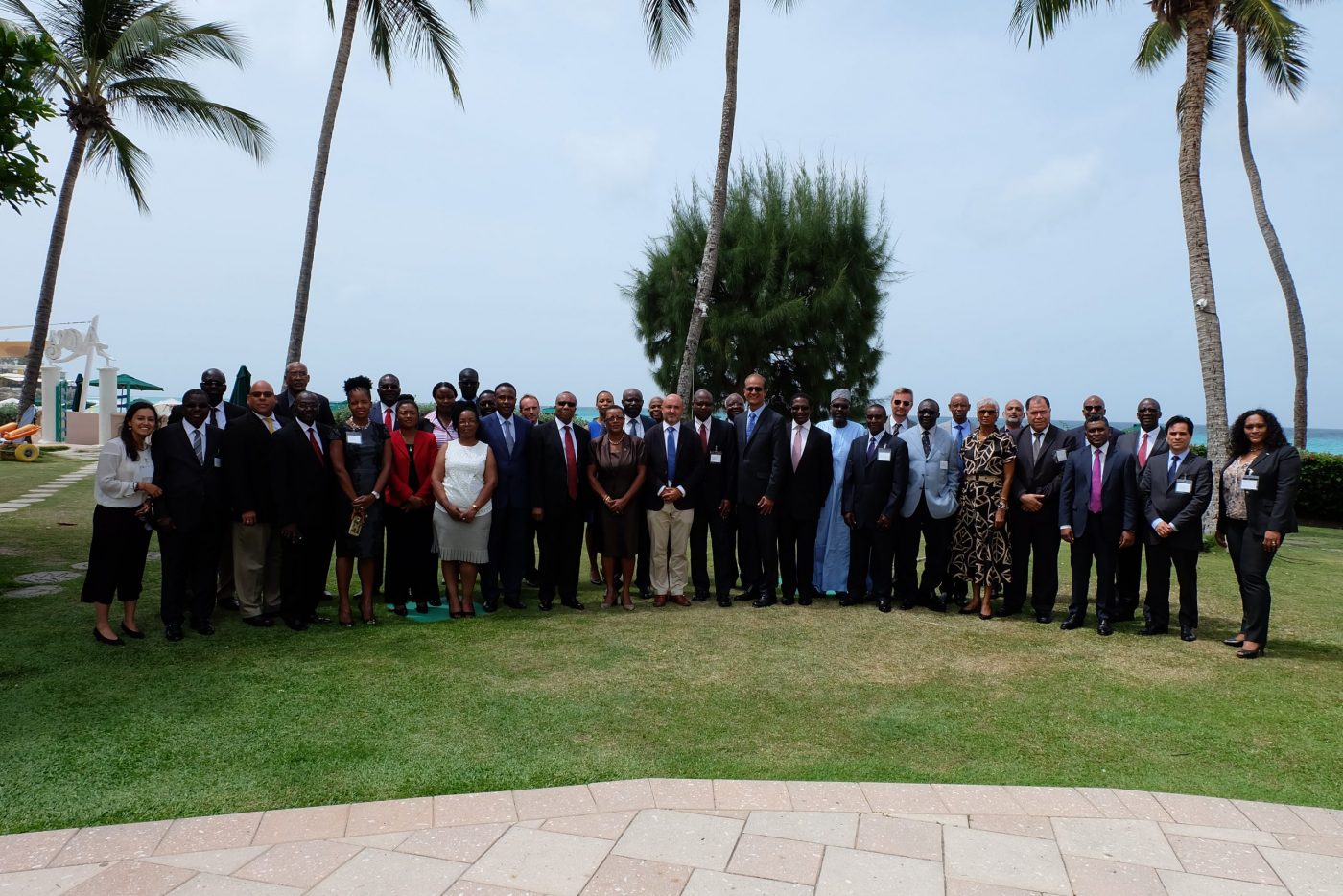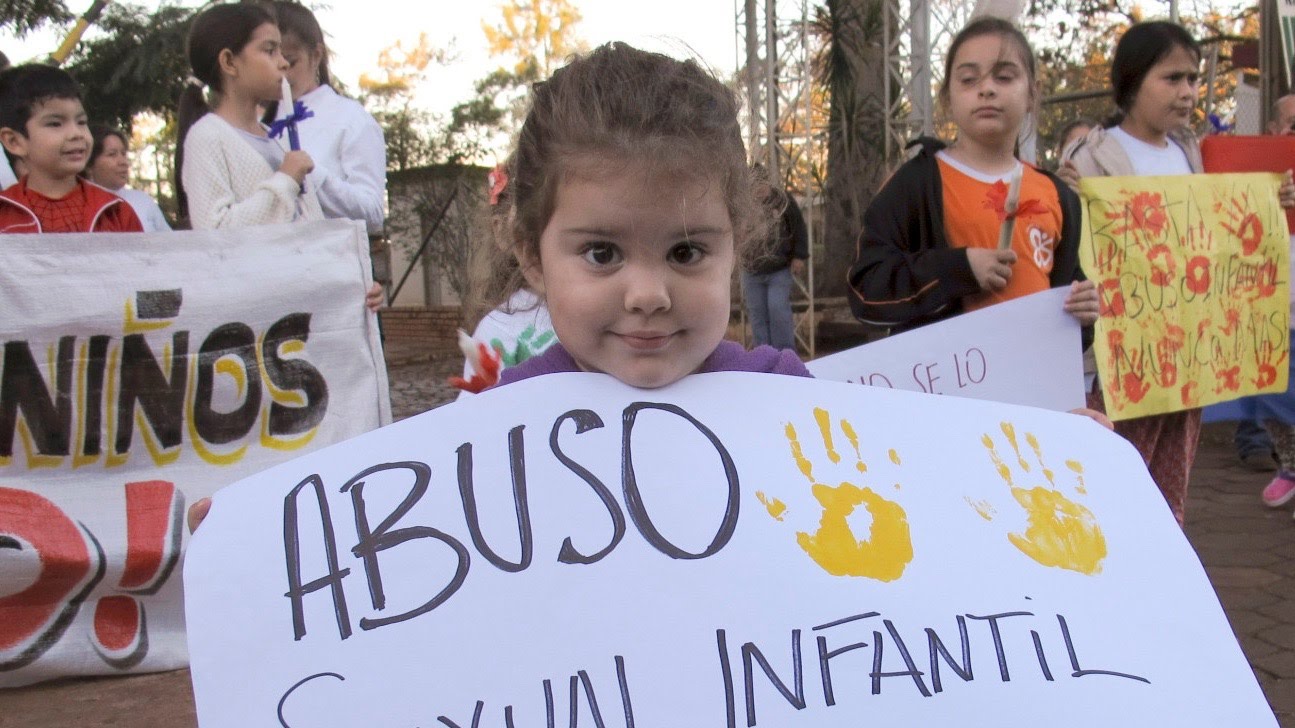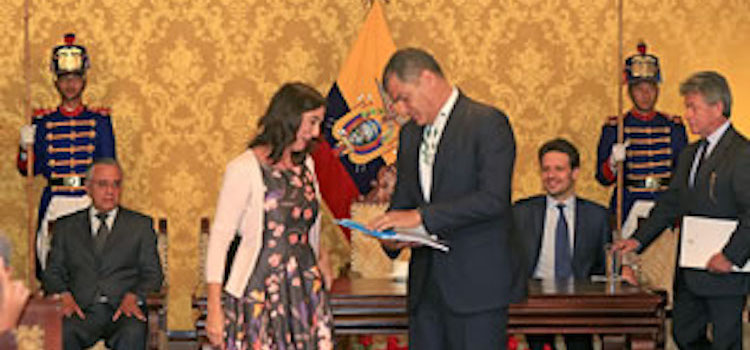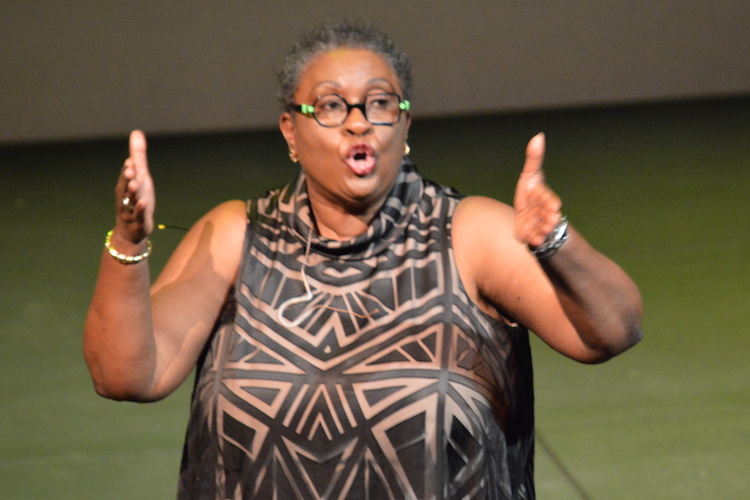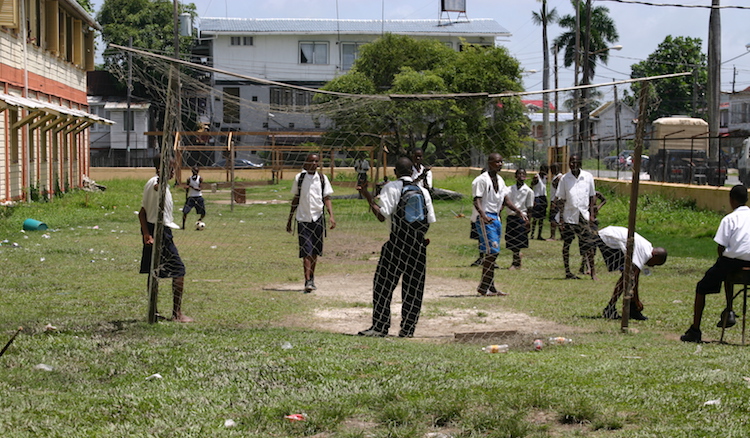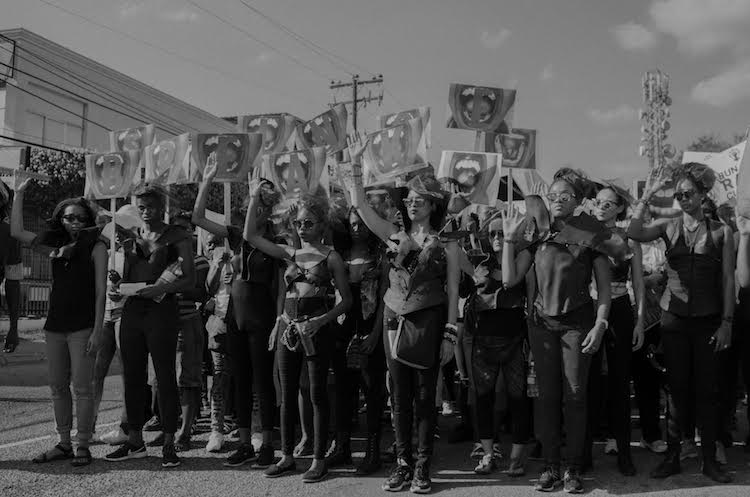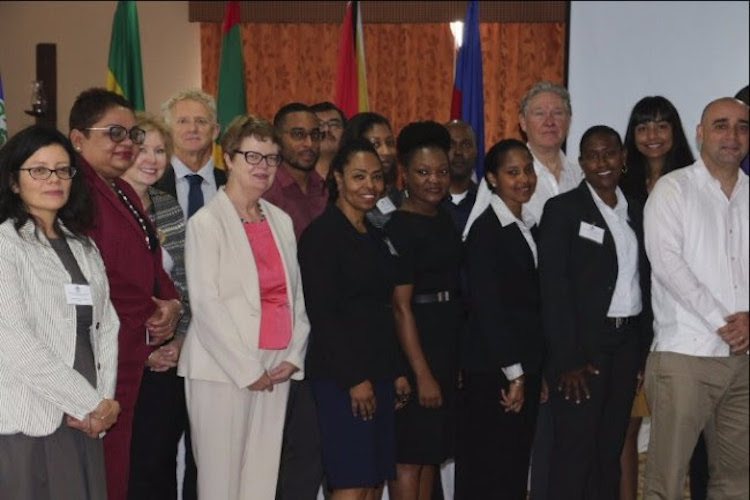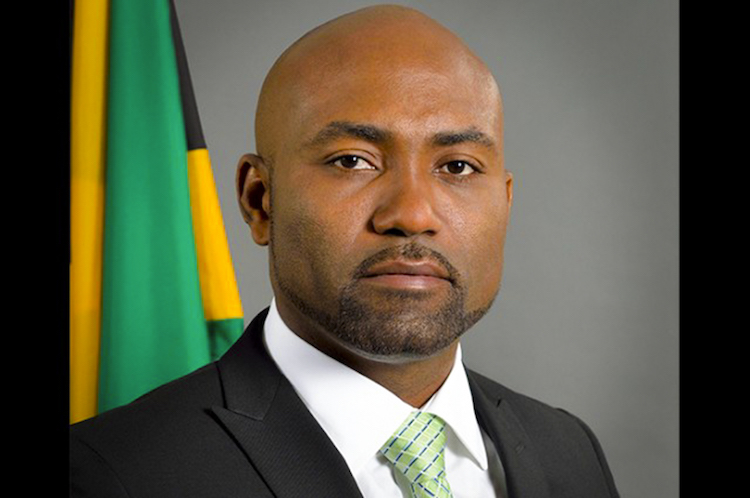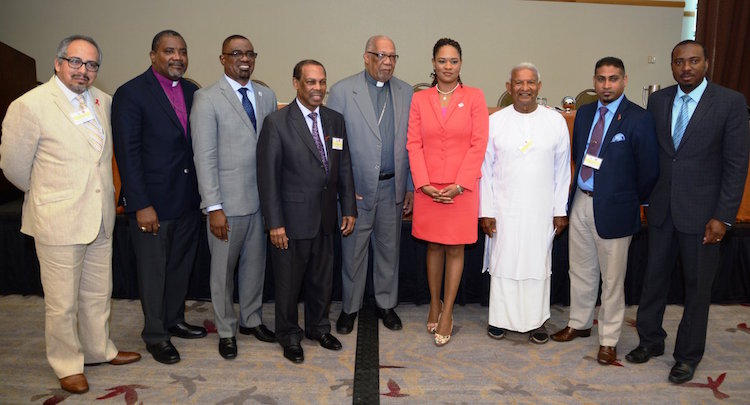By Desmond Brown
BRIDGETOWN, Barbados (ACP-IDN) – The Hubs and Spokes Programme, an innovative trade initiative for expanding opportunities for business, employment and prosperity in African, Caribbean and Pacific (ACP) countries, is to be extended until February 2019.
Through the Programme, which is a joint initiative of the European Union (EU), ACP Group Secretariat, Commonwealth Secretariat and Organisation Internationale de la Francophonie (OIF), trade advisers are placed in government ministries and regional organisations to provide support and build local capacity to develop trade policies.

